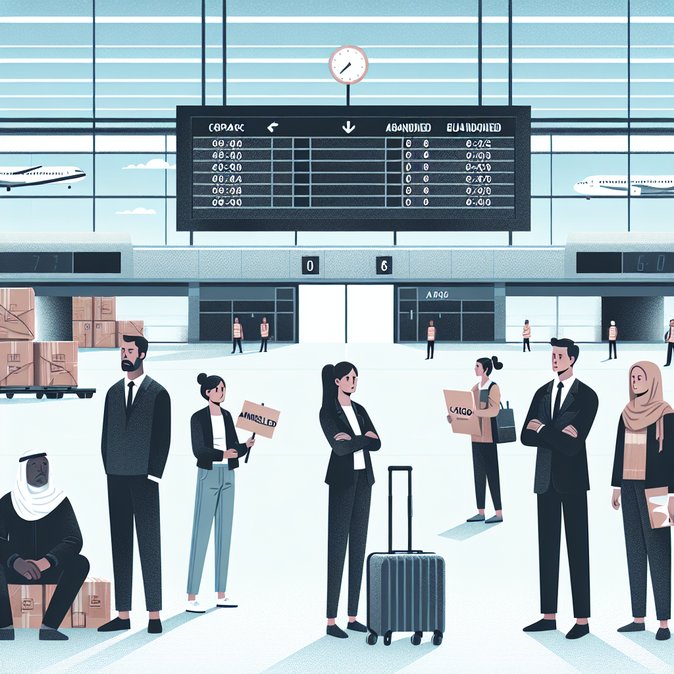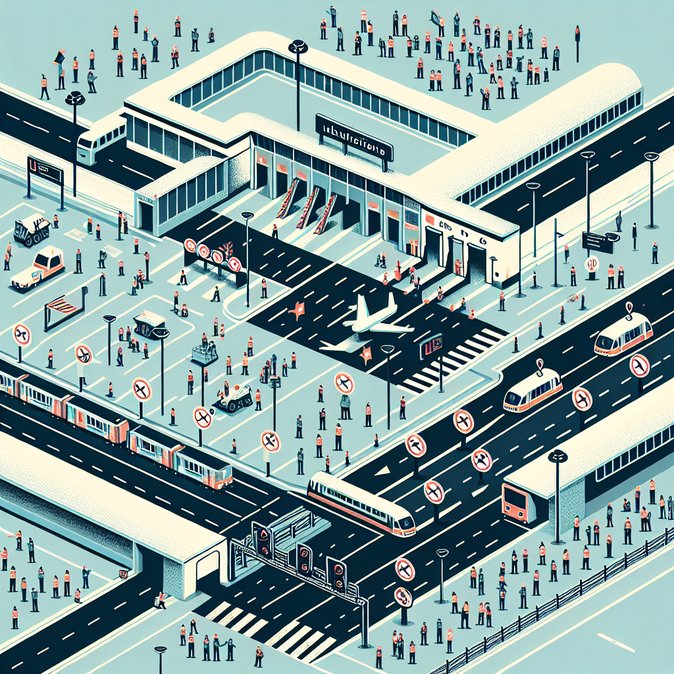
Urban mobility in the Belgian capital has been severely curtailed after operator STIB-MIVB confirmed on 25 November that only two metro lines (1 and 5) and three tram routes (4, 8 and 82) are running during the nationwide strike. All other metro, tram and bus lines are suspended because picket lines block depots and maintenance yards.
For commuters and visiting executives this means that the EU quarter, NATO area and major hotel districts are reachable only by taxi, bike share or on foot. Journey-planning apps show average door-to-door times doubling during the morning peak, while ride-hailing prices have surged more than 50 percent. Companies hosting board meetings this week report absentee rates above 30 percent as staff struggle to cross the city.
![Brussels metro and tram network runs on ‘minimum service’ amid three-day walkout]()
STIB has set up an emergency contact centre from 06:00 each morning and is issuing “service disruption certificates” so travellers can claim expense reimbursements or insurance coverage. The operator also promotes its multimodal Floya app, which aggregates bike-share, scooter and car-share options—a useful workaround for mobile workers but one that requires advance registration and local payment methods.
Business-travel risk managers recommend that travellers staying near Brussels-Midi or Brussels-Central railway stations allocate at least 45 minutes to reach EU institutions in the Leopold quarter and factor longer transfer times to Brussels Airport, where rail links are also curtailed. Employers should remind staff that taxi receipts alone may not suffice under Belgian per-diem rules and to log actual kilometres driven when car-sharing.
The unions have not ruled out extending the strike beyond 26 November if talks with the federal government fail, meaning partial shutdowns could persist into the crucial pre-holiday travel period.
For commuters and visiting executives this means that the EU quarter, NATO area and major hotel districts are reachable only by taxi, bike share or on foot. Journey-planning apps show average door-to-door times doubling during the morning peak, while ride-hailing prices have surged more than 50 percent. Companies hosting board meetings this week report absentee rates above 30 percent as staff struggle to cross the city.

STIB has set up an emergency contact centre from 06:00 each morning and is issuing “service disruption certificates” so travellers can claim expense reimbursements or insurance coverage. The operator also promotes its multimodal Floya app, which aggregates bike-share, scooter and car-share options—a useful workaround for mobile workers but one that requires advance registration and local payment methods.
Business-travel risk managers recommend that travellers staying near Brussels-Midi or Brussels-Central railway stations allocate at least 45 minutes to reach EU institutions in the Leopold quarter and factor longer transfer times to Brussels Airport, where rail links are also curtailed. Employers should remind staff that taxi receipts alone may not suffice under Belgian per-diem rules and to log actual kilometres driven when car-sharing.
The unions have not ruled out extending the strike beyond 26 November if talks with the federal government fail, meaning partial shutdowns could persist into the crucial pre-holiday travel period.


